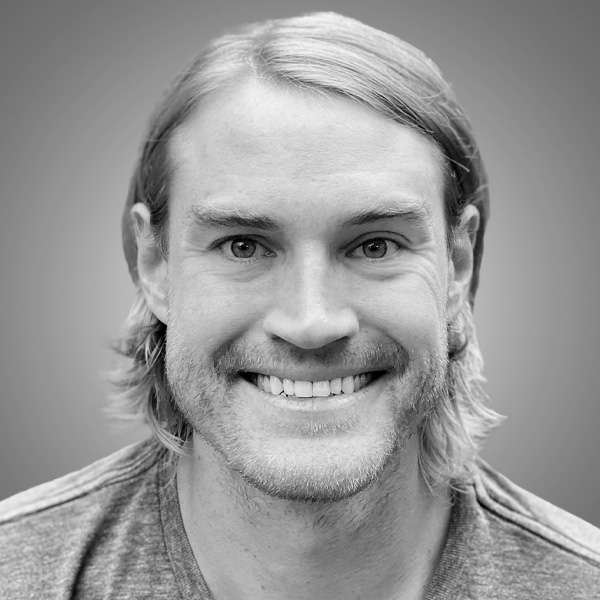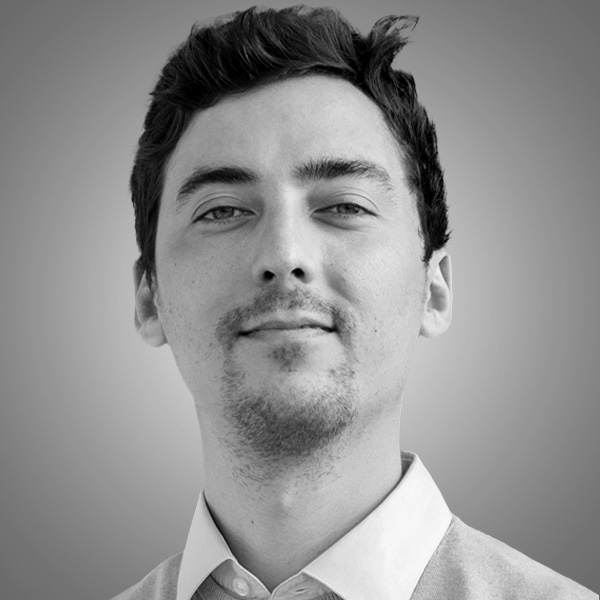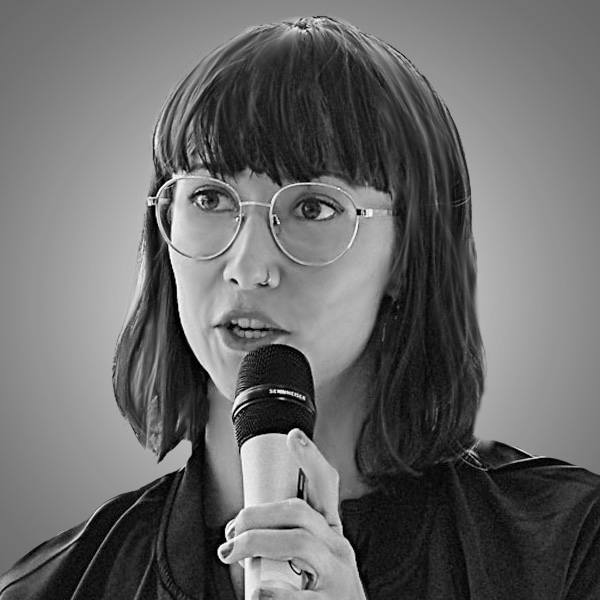SOSV recently got some press in Ireland about a new, specialized fund that we established to support what our general partner Po Bronson sees as the “second wave” of industrial biomanufacturing. These are startups characterized at the outset by low capex requirements and a faster path to sustainable profitability.
The story landed first in Ireland because the fund is called the Ireland Biomanufacturing Fund, and the anchor limited partner is the Ireland Strategic Investment Fund (ISIF). The fund’s aim is to support global advanced biomanufacturing and decarbonization startups to co-locate in Ireland and scale into the European market.

Why Ireland? The Emerald Isle is an enticing home for industrial biomanufacturing. Because Ireland already has a strong pharma manufacturing base, there’s a large pool of talent with skill sets that transfer well to industrial biomanufacturing. The economy’s strong dairy, livestock and agricultural sectors provide ample sources of feedstock for biomanufacturing.
To some extent, we are following the playbook of Big Tech, where Apple, Google, Microsoft and Facebook chose Ireland as their base to expand into European markets.
As Po Bronson noted recently, “Europe is ten years ahead of the Americas and Asia in its regulatory framework to incentivise the transition to decarbonized industry, Europe is the best place in the world to locate these companies, and the best place in Europe is Ireland.”
SOSV’s initiative to launch the Ireland Biomanufacturing Fund is grounded in our own portfolio. We have one of the largest portfolios of biomanufacturing companies in the world, thanks in part to our IndieBio startup development program in San Francisco and New York City. IndieBio’s biomanufacturing startups produce everything from food and fuels to pharmaceuticals, lubricants and leather. The goal across the portfolio is to decarbonize existing production in a sustainable way. The challenge for these firms are the high hurdles of commercial production and market entry.
It’s no surprise that among the Ireland Biomanufacturing Fund’s first investments are SOSV portfolio companies. California Organic processes waste from beef processing facilities to make the world’s first emissions-free ammonia fertilizer for agriculture. VIA Fuels turns waste from dairy facilities into jet fuel. Ireland and the new fund will be a great springboard to launch each company’s commercial production in Europe. The fund will soon invest in Capra Biosciences, which transforms brewery waste into renewable organochemicals for the cosmetic industry and the engine lubricants industry.
We’re grateful that ISIF shares our excitement in this new effort. As Nick Ashmore, Director of ISIF noted, “Ireland is well positioned to become a global leader in the emerging bio-manufacturing sector, a high-value, high-skilled sector that will allow Ireland to leverage its existing capabilities. Together with SOSV, we want to build a strong incentive for startups in this sector to make Ireland their home for developing new biomanufacturing technologies.”


































